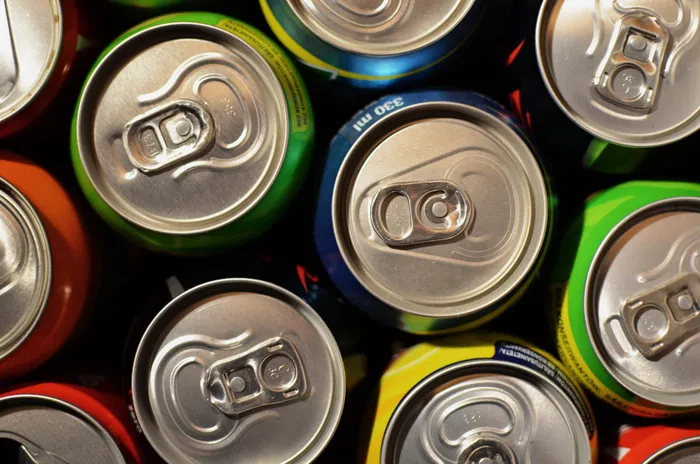
The ARB ruled against Heala.org's advertisment on fizzy drinks, saying that it is misleading.
Image: FILE
THE Healthy Living Alliance - Heala.org was dealt a blow for the second time when the Advertising Regulatory Board (ARB) Final Appeals Committee turned down its appeal over claims in an advertisement in which it warns the public about the harms connected with the intake of fizzy drinks and fruit juice.
The Advertising Appeals Committee (AAC) earlier this year ruled that the ad was misleading. Heala.org subsequently turned to the final appeals arm of the ARB to appeal that ruling. But in a recent judgment, the tribunal once again ruled against the organisation.
The ruling was in favour of a consumer who complained about Heala.org’s ad, which said “Fizzy drinks and fruit juice make our children sick. With every sip, sugar is dumped into their bodies, leading to obesity, heart disease and diabetes as they age”.
The ad calls on consumers to protect children from all drinks with sugar in them and to insist on a stricter health promotion levy now.
The complaint was that “the advert incorrectly states that consumption will cause heart and intestinal disease. It would be correct if it stated that excessive consumption can cause these diseases. Instead, it currently creates the impression that any consumption will cause disease”.
The complaint was therefore that the advertisement was misleading, and thus in violation of the ARB’s code of advertising practice.
The AAC rejected Heala.org’s argument that the advertisement does not claim that consuming such drinks would always cause obesity, diabetes and heart disease. The advertising watchdog held that the advertisement did not contain any qualifications.
Therefore, the two statements, singularly and cumulatively, state as a fact that irrespective of the quantity or regularity of the intake, the said diseases would set in as the children grow older.
Heala.org sought to argue that the unqualified advertisement derived support from some scientific research, but Judge Bernard Ngoepe, chairperson of the final appeal committee, rejected this argument.
Heala.org’s argument that the ARB’s code does not require it to quantify or provide granular details regarding exactly how much sugar should be consumed to be harmful, misses the purpose of the code, the judge said.
He explained that the purpose of the code of conduct is to protect consumers against sweeping and generalised advertisements. “We take into account the fact that the World Health Organisation’s view, which the appellant cannot dispute, accepts moderate consumption. The WHO does not subscribe to the view that a consumption of any quantity – as the advertisement conveys – would cause those diseases,” Judge Ngoepe said.
Heala.org earlier, before it headed to the final appeal tribunal, said in a statement it believes the advertisement simply urges South Africans to be mindful of what they eat – especially foods high in sugar, salt, saturated fats and sweeteners, which can increase the risk of diabetes, heart disease, stroke and other non-communicable diseases.
Its CEO, Nzama Mbalati, said its mission is to inform and educate South African consumers.
Cape Times
Related Topics: